Who We Are
Leadership
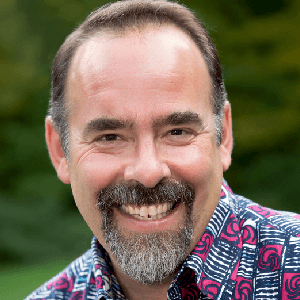
Glenn Page, Executive Director COBALT
As the Executive Director for COBALT, Glenn oversees the Dive Control Board and facilitates the Bioregional Learning Journeys.
Previously, as the Director of Conservation at the National Aquarium in Baltimore, Glenn oversaw all dive activities and marine operations. For over 40 years, he has been working on creating pathways to place-based transformation of our coasts/oceans/watersheds that integrate numerous social and ecological issues, working at the interface of science, policy and practice. Learning how to “Navigate in the Anthropocene” as he is leading a team of interdisciplinary experts who bring innovation, evaluation and systems thinking to complex, messy, cross-scale, wicked challenges of our time.
The Dive Control Board
The Dive Control Board supports Team Zostera: an initiative which focuses on seagrass conservation/restoration in Casco Bay. This team of underwater researchers operates with an emphasis on dive safety and provides governance for all volunteer diving performed within COBALT.
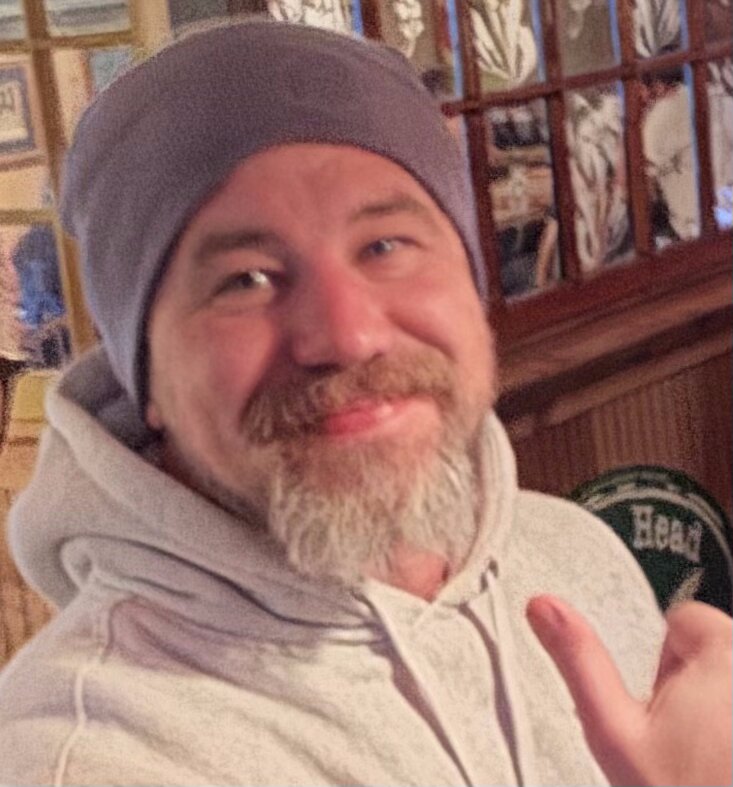
Levi Robbins, Dive Safety Officer
Levi is the local Dive Safety Officer (DSO) for COBALT, Team Zostera and is responsible for ensuring the safe operation of all diving activities in collaboration with the Executive Director and administrative DSO including planning, implementing and administering a safe, fun and effective volunteer scientific diving program.
Developing and implementing dive safety programs involves several key steps, including establishing clear safety rules and procedures, providing comprehensive training, and ensuring proper equipment and emergency protocols. Levi provides remarkable leadership in all aspects of the dive program with a major focus to minimize risks and maximize the enjoyment of diving for all COBALT/Team Zostera participants.
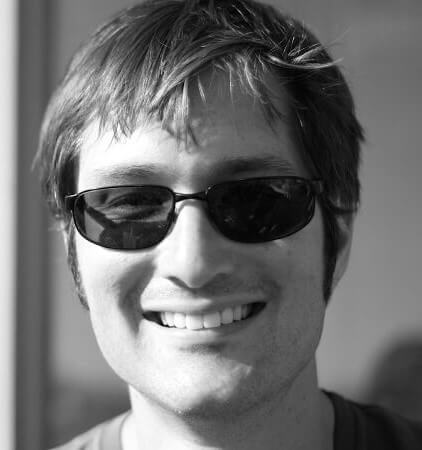
Jarrett Byrnes
Jarrett serves as the chair of the Dive Control Board for UMass Dartmouth and researches the causes and consequences of complexity in nature. He is interested in how humans alter the diversity and interconnectedness of life on earth. Understanding how these changes alter the services that nature provides is a critical need as we watch ecosystem after ecosystem collapse. He studies these questions in the ocean because, let’s face it, the sheer number and diversity of species in the oceans is astounding.
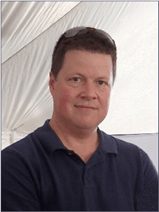
Steve Broadhurst, Administrative DSO
Steve Broadhurst is the administrative Dive Saftey Officer for COBALT/Team Zostera and is the AAUS Dive Safety Officer at Duke University, University of North Carolina, North Carolina State University, and College of Charleston. Having worked in the dive industry for more than 30 years, Steve has extensive experience in scientific diving and underwater project management. He specializes in marine conservation and coral reef/artificial reef ecology. Steve is also a licensed United States Coast Guard Captain and has a background in boat building and marine construction.
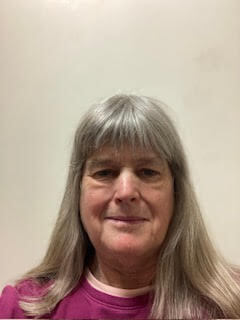
Julie Footman
Julie Footman purchased Aqua Diving Academy in May of 1988. She has been the driving force to bring Aqua Diving Academy to be a full service scuba center as well as a dry suit repair facility. She has been teaching scuba since 1982.
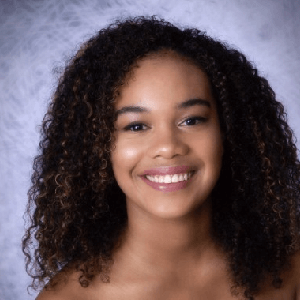
Sydney Hay
Sydney Hay is a recent graduate of Northeastern University with a master’s degree in Marine Biology. She has a passion for food and environmental justice. She has a solid understanding of American food systems and has experience assisting communities in combating the aspects of food injustice that affect them. Her academic expertise is more rooted in marine science.
The 2025 – 2026 Fellowship
Our COBALT Fellows are a global cohort of motivated and diverse individuals with wide ranging experience including environmental sciences, geographic information systems software, public health, sustainability and social sciences.
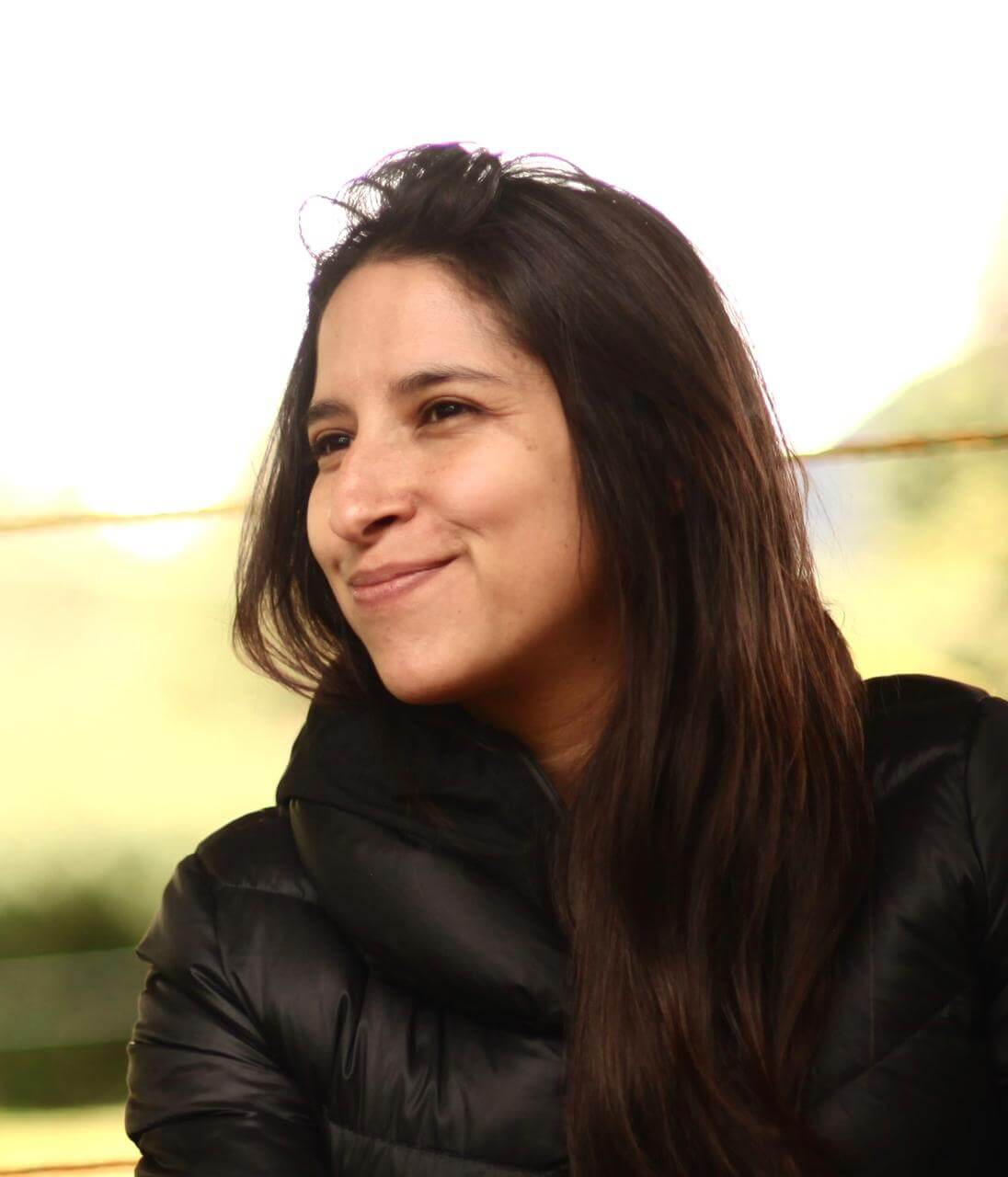
Juliana Bohorquez
Bioregion: Valle de Zaquencipá and Villa de Leyva Boyacá, Colombia
Juliana designs and facilitates methods for socioecological transformation within the context of the armed conflict in Colombia. She is the founder of Meraki SAS, SysLab, and Bosque Fractal (a bioregional hub for regeneration and spirituality). She is a coach, trainer in leadership and organizational systems work (Infosyon), and guardian of the ancestral traditions and spiritual ceremonies of the Americas.
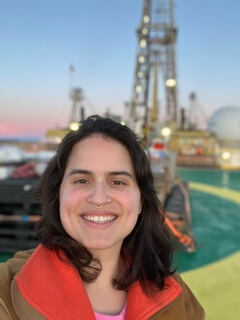
Tessa Peixoto
Bioregion: Greater Portland & Casco Bay Islands Maine, USA
Tessa is an American Brasilian who is passionate about ecological restoration and science communication. She holds a degree in marine science from Northeastern University, has worked with the Massachusetts Division of Marine Fisheries and is focused on ecological restoration and the use of nature based solutions in climate change resiliency.
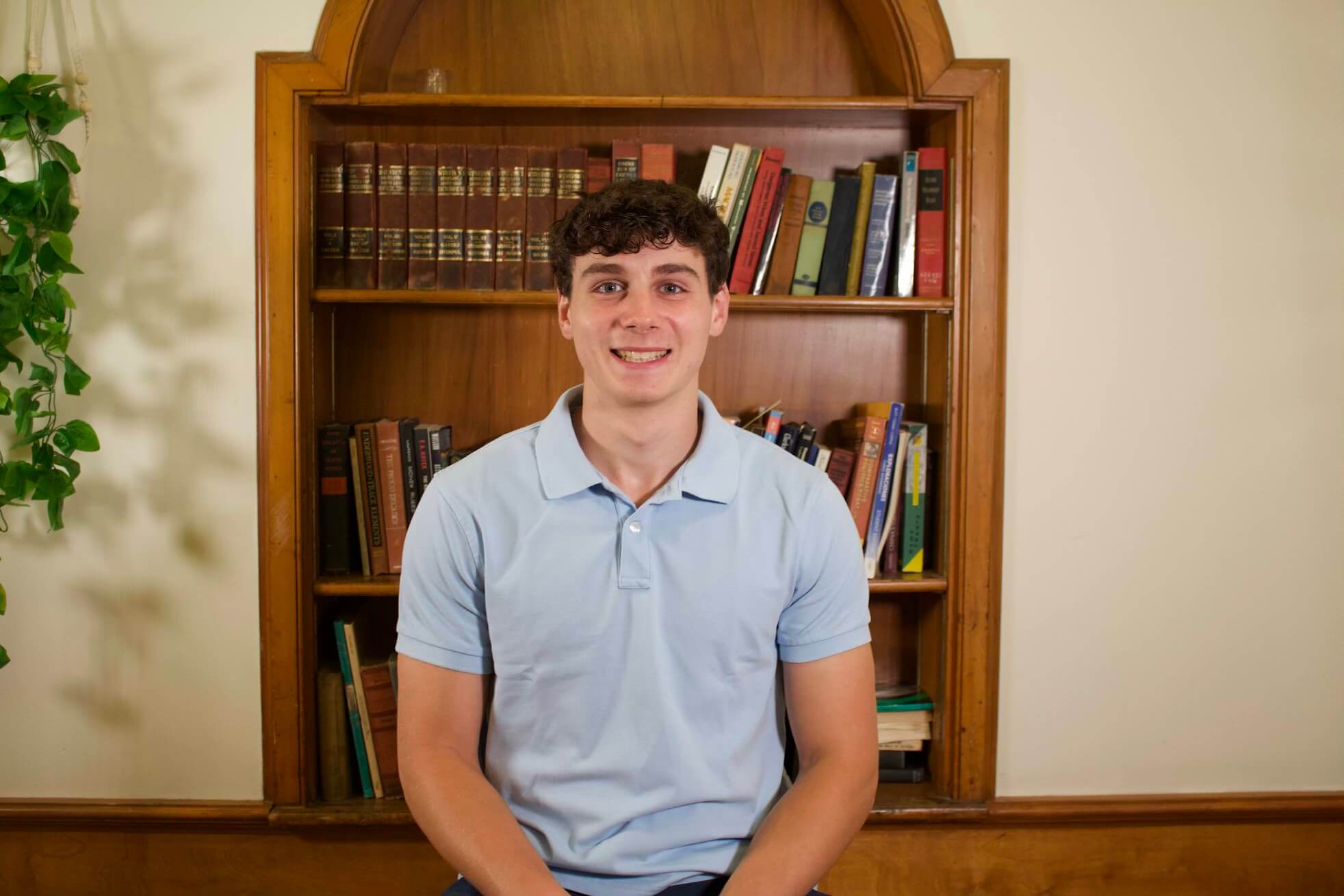
Kyle Pellerin
Bioregion: Greater Portland & Casco Bay Islands Maine, USA
Kyle studies computer science and environmental studies at Bowdoin College where he is especially interested in the intersections between GIS, AI, and community resilience. His work includes research analyzing healthcare deserts in New Hampshire, updating the Maine Social Vulnerability Index, and creating a tool to help the Forest Service in Ísafjörður, Iceland optimize carbon sequestration.

Maria Nieto, Ecosystem Governance Fellow
Bioregion: Valle de Zaquencipá, Colombia
Maria is an industrial designer. She lives in Villa de Leyva and has known the territory since a child. Maria has experience in design, art, and education, and is excited to learn more about her chosen bioregion. She is interested is getting to know Zaquencipa and its environmental and cultural aspects from many points of view.
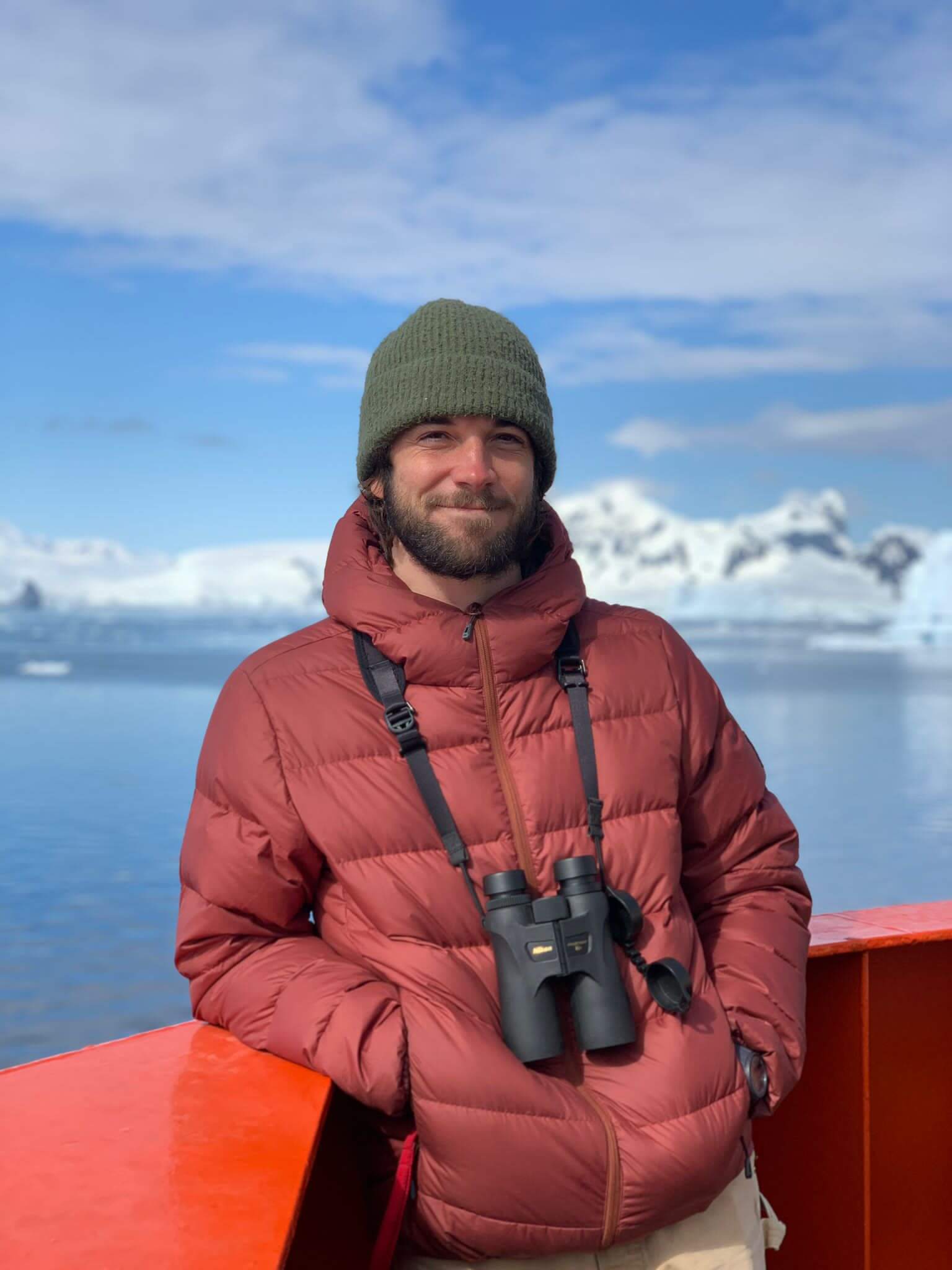
Connor Shea
Bioregion: Greater Portland & Casco Bay Islands Maine, USA
Connor is an oceanographer who is currently working towards a PhD and recently completed a 6-year residence in Hawaii. He believes that communities should have positive relationships with their environment, and comes to COBALT wondering: “how we can best understand and visualize connections between human action and the health of our local ecosystems?”
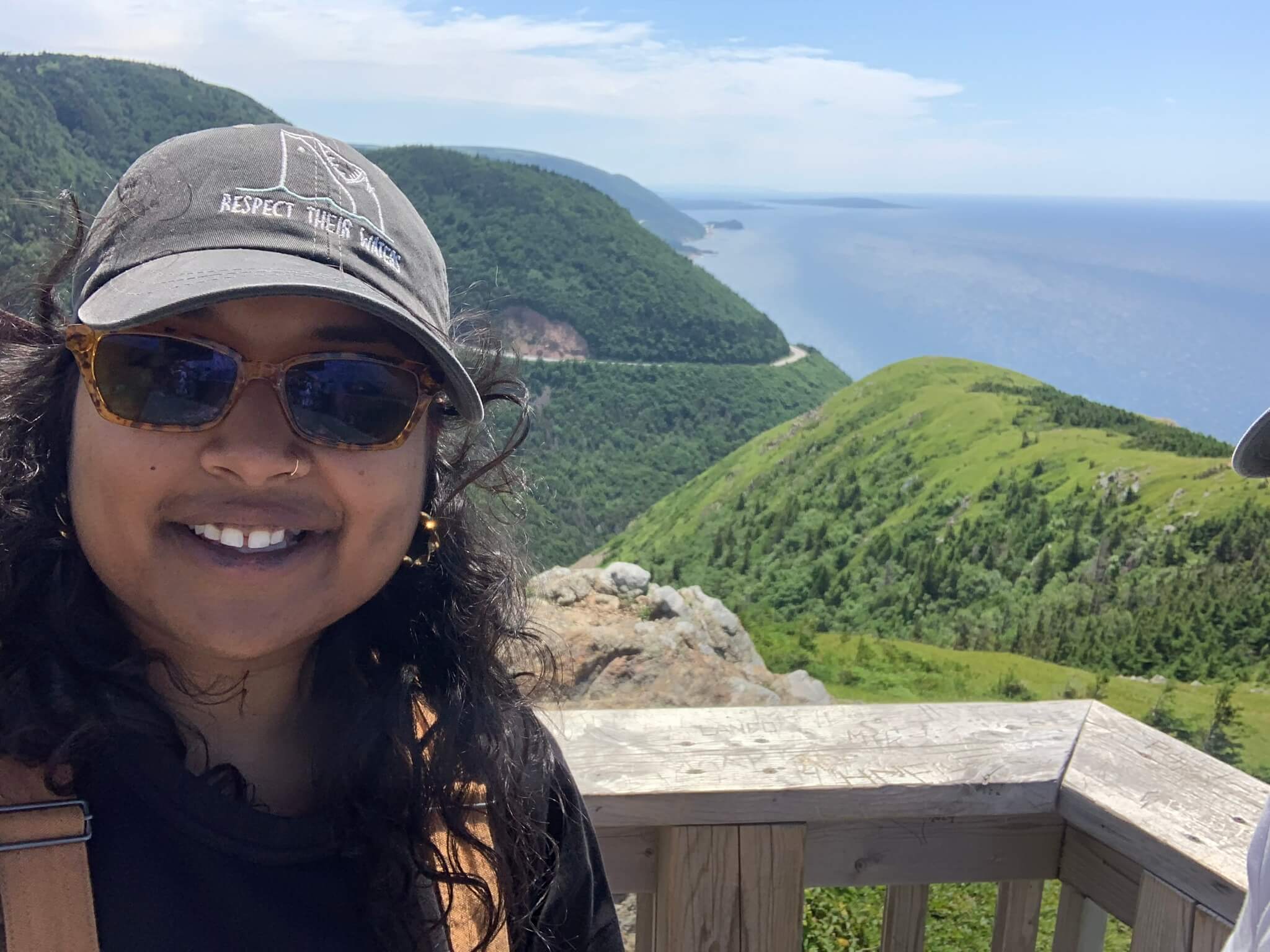
Dani Deonarine
Bioregion: Grand Manan and Passamaquoddy Bay St. Andrews, Canada
Dani has a degree in marine and freshwater biology from the University of Guelph. She has been lucky to work in a variety of roles in science, from data work in population science, working with specimen collections, tagging large animals in the field. Now, Dani works on the development of species management plans.
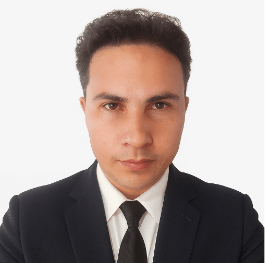
Erwin Duarte
Bioregion: Valle de Zaquencipá and Villa de Leyva Boyacá, Colombia
Erwin is a Colombian professional with a background in business administration and a technical degree in archival science. He is the Executive Director of NAPTICORP, coordinator of rural development initiatives, and founder of PARCES (Smart Sharecropping) – a technology-driven model for collaborative land management and sustainable food systems. He has an integrative vision, strong commitment to local development, social economy, and the digital transformation of sustainable systems.
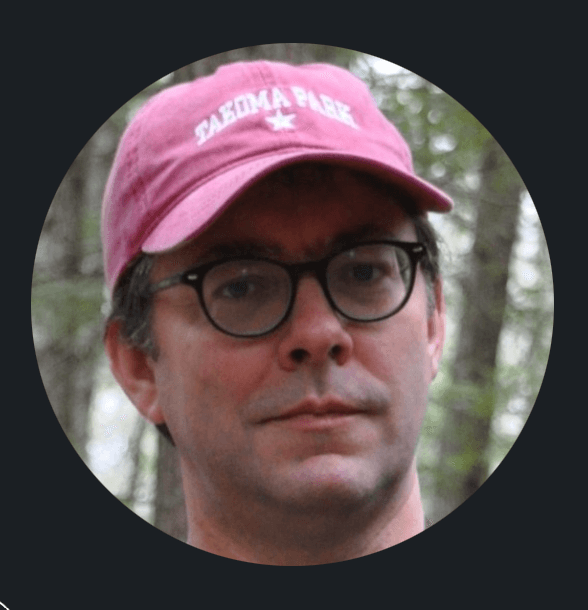
Tim Walsh
Bioregion: Greater Portland & Casco Bay Islands Maine, USA
Tim is a lifelong learner and practitioner of interdisciplinarity. Originally a student of History and American Studies, most of his professional career has swirled around data technology in various forms – CAD, GIS, coding, visualization and business intelligence.
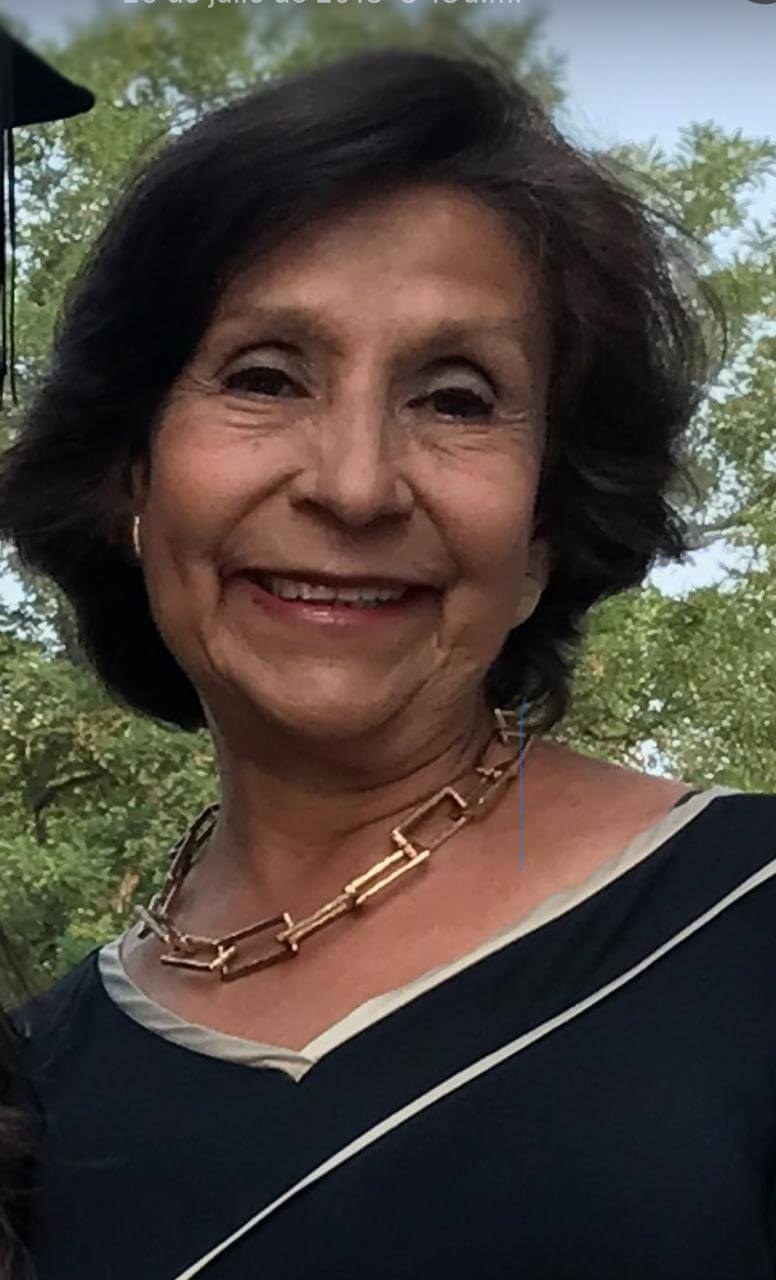
Ana Cristina Pinzón
Bioregion: Valle de Zaquencipá and Villa de Leyva Boyacá, Colombia
Ana Cristina has practiced as a Chemical Engineer for over 50 years and is currently serving as Manager of Tiamat Ltda. – a company she founded in 2000. She works on the development of socio-ecological projects at Bosque Fractal with a regenerative and biosystemic approach. She works on connecting with Ancestors and Indigenous thought, supporting connection with the territory and the ecosystem from a cultural and spiritual perspective.
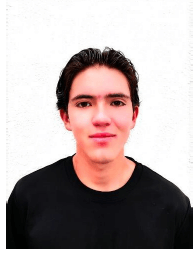
Josseph Rozo
Bioregion: Valle de Zaquencipá and Villa de Leyva Boyacá, Colombia
Josseph is an animal lover who lives on the Ecolodge Los Portales Agro-ecotourism Farm where in 2017, he helped discover the Olinguito – a mammal that had been unknown for over 35 years. He participates in events promoting environmental conservation and protection like the first Latin American community tourism meeting and the Carnival for Water and Life. He holds a degree in food processing and preservation and currently works as a zoo technician.
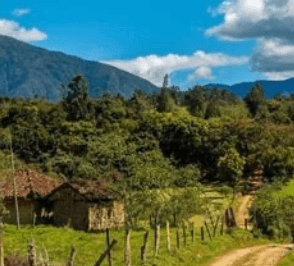
Mary Luz Castellanos Torres
Bioregion: Valle de Zaquencipá and Villa de Leyva Boyacá, Colombia
Mary Luz Castellanos Torres is a lawyer from the Valle de Zaquencipá
Villa de Leyva in Boyacá Colombia.
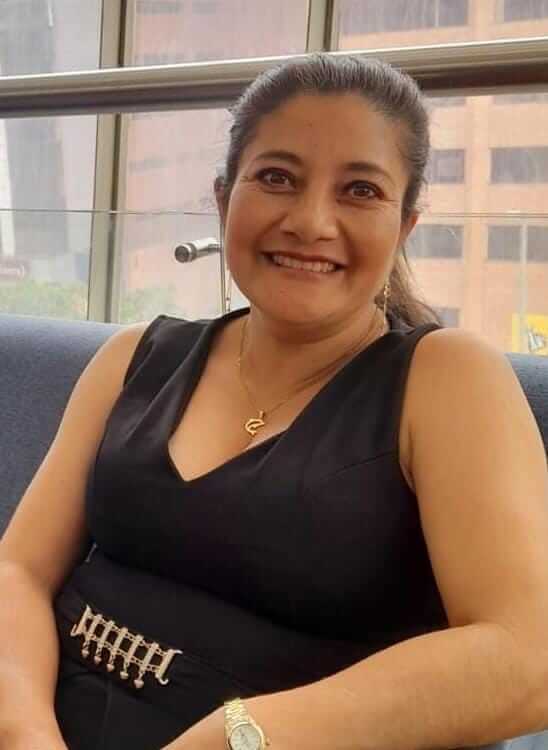
Sonia Milena Rojas Quiroga
Bioregion: Valle de Zaquencipá and Villa de Leyva Boyacá, Colombia
Sonia Miena is a kind, honest, and hardworking person who loves nature because it connects her with childhoodroots.
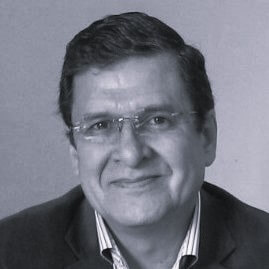
César Augusto Torres Lopez
Bioregion: Valle de Zaquencipá and Villa de Leyva Boyacá, Colombia
César is a custodian of ancestral seeds, with a mandate from indigenous communities of the Colombian Andes. He is also a professor of postgraduate studies in human economics, an environmental activist, researcher, and public policy maker and the author of several books. He owns the Sol y Luna Ecological Refuge which is part of the Serranía en Peligro nature reserve of Moniquirá and Gachantivá, Boyacá.
Spirit of Place Participants
Participants within the “Spirit of Place” Bioregional Learning Journey come together for a seven month experience of learning, collaborating and co-creation. The journey includes three modules and twelve online session that take a look back, look in, and look forward approach to change-making.
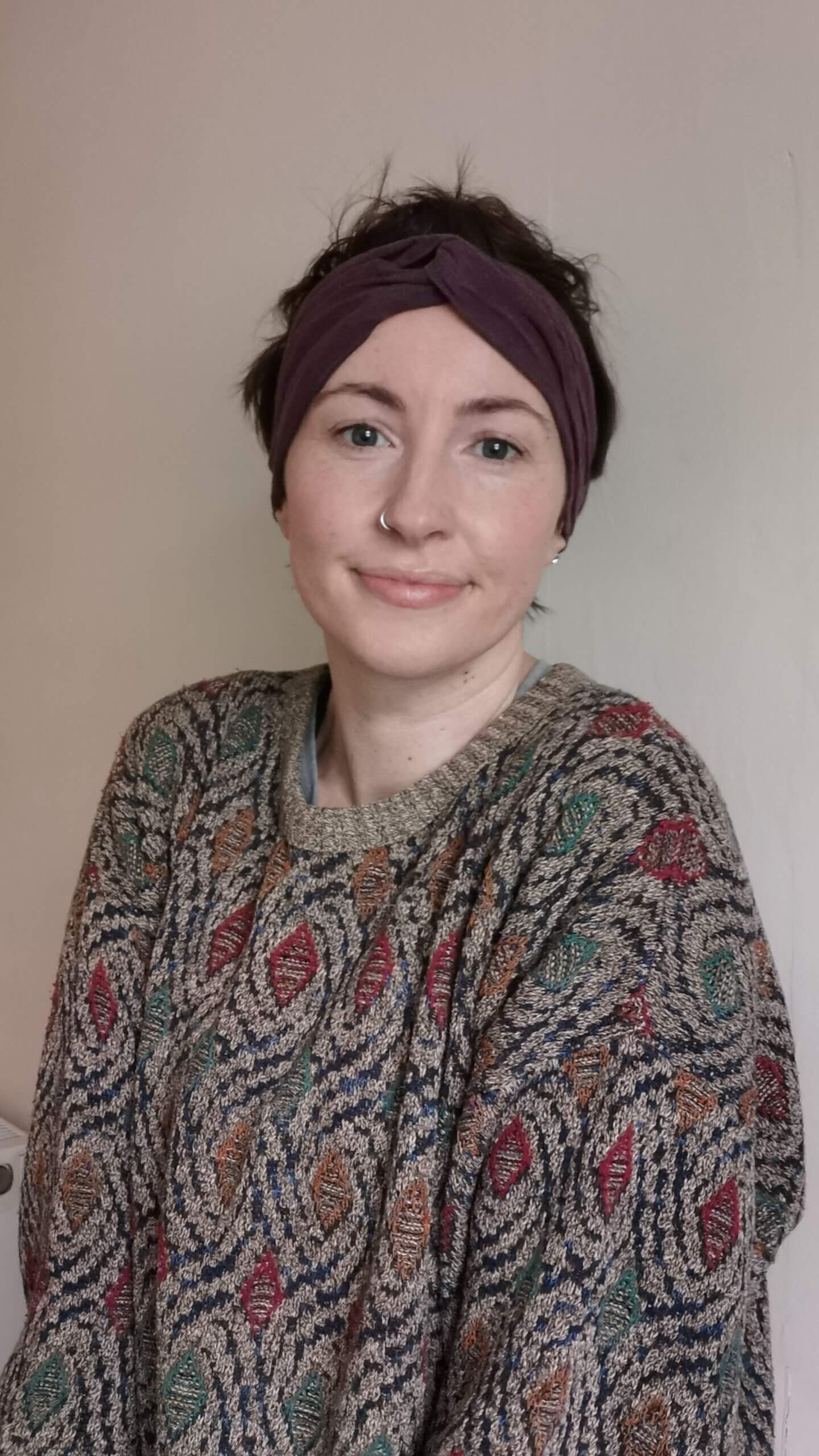
Lowri Vaughan
Bioregion: Ynys Môn/Eryri (Anglesey/Snowdonia) Caernarfon, Wales
Lowri Hedd Vaughan is a regenerative practitioner from Anglesey and works in Snowdonia. Facilitator, organizer, activist and leader of the Urdd Derwyddon Môn – she brings passion and extensive experience in leading people, projects and inspiring change. Lowri emphasizes connecting deeply with ourselves, each other and remembering the infinite connectivity of all living things we can co-create a more hopeful future.
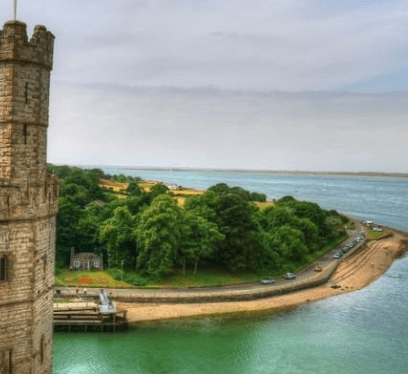
Menna Jones
Bioregion: Ynys Môn/Eryri (Anglesey/Snowdonia) Caernarfon, Wales
Menna Jones has worked for social enterprises in Gwynedd, North Wales for over 40 years – firstly as a Development Manager for a local housing association leading on a local homes strategy to meet the needs of the Gwynedd and Mon communities, and special home projects for people with disabilities, the homeless, ex-offenders.
Menna joined Antur Waunfawr, a community social enterprise that provided homes and care, training, work and well-being and social opportunities for people with a learning disability in the Snowdonia area. She led the initiative for 27 years and by 2023 there were 110 staff working for the initiative managing a bike hire scheme, a furniture bank, businesses re-using clothes and recycling paper and plastics, as well as environmental community projects. Menna is currently Head of Project Development for Gisda Caernarfon – an organization that houses and supports homeless young people in Gwynedd and the wider area. Menna is passionate about empowering social enterprises and creating effective networks to improve communities and the well-being of the people of Wales.
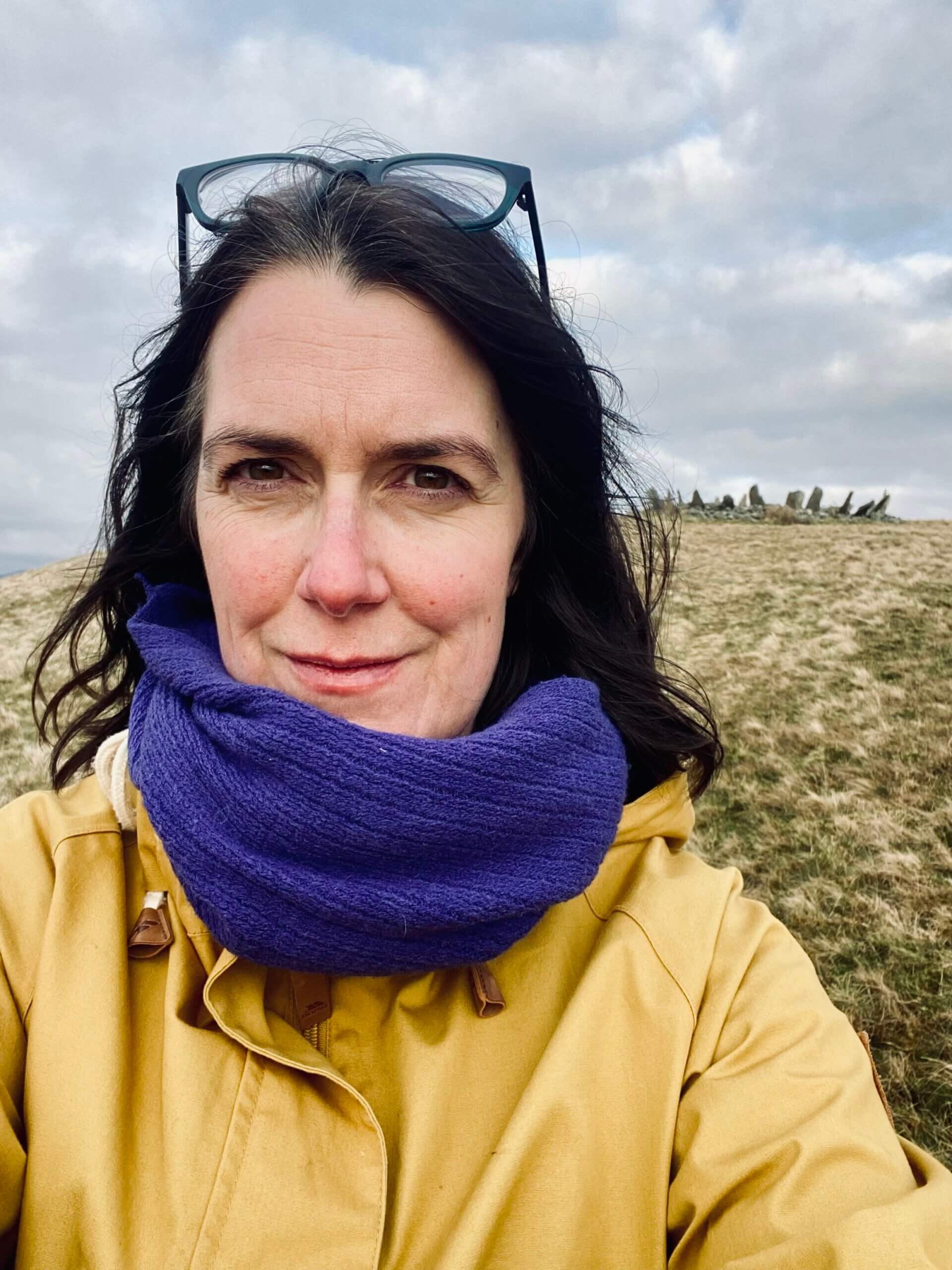
Meleri Davies
Bioregion: Ynys Môn/Eryri (Anglesey/Snowdonia) Caernarfon, Wales
Meleri is a poet and community developer who has led community initiatives including community renewable energy schemes. They have long term experience in leading social enterprises and environmental community initiatives such as setting up the Ynni Ogwen community energy scheme. Achievements include winning the 2019 Cynnal Cymru Sustainability Champion Award and the 2019 Regen UK Green Energy Pioneer award winner. Most recently, Meleri’s first collection of poetry Rhuo ei disrawwydd hi won the 2025 Poetry category at the Wales Book of the Year Awards.
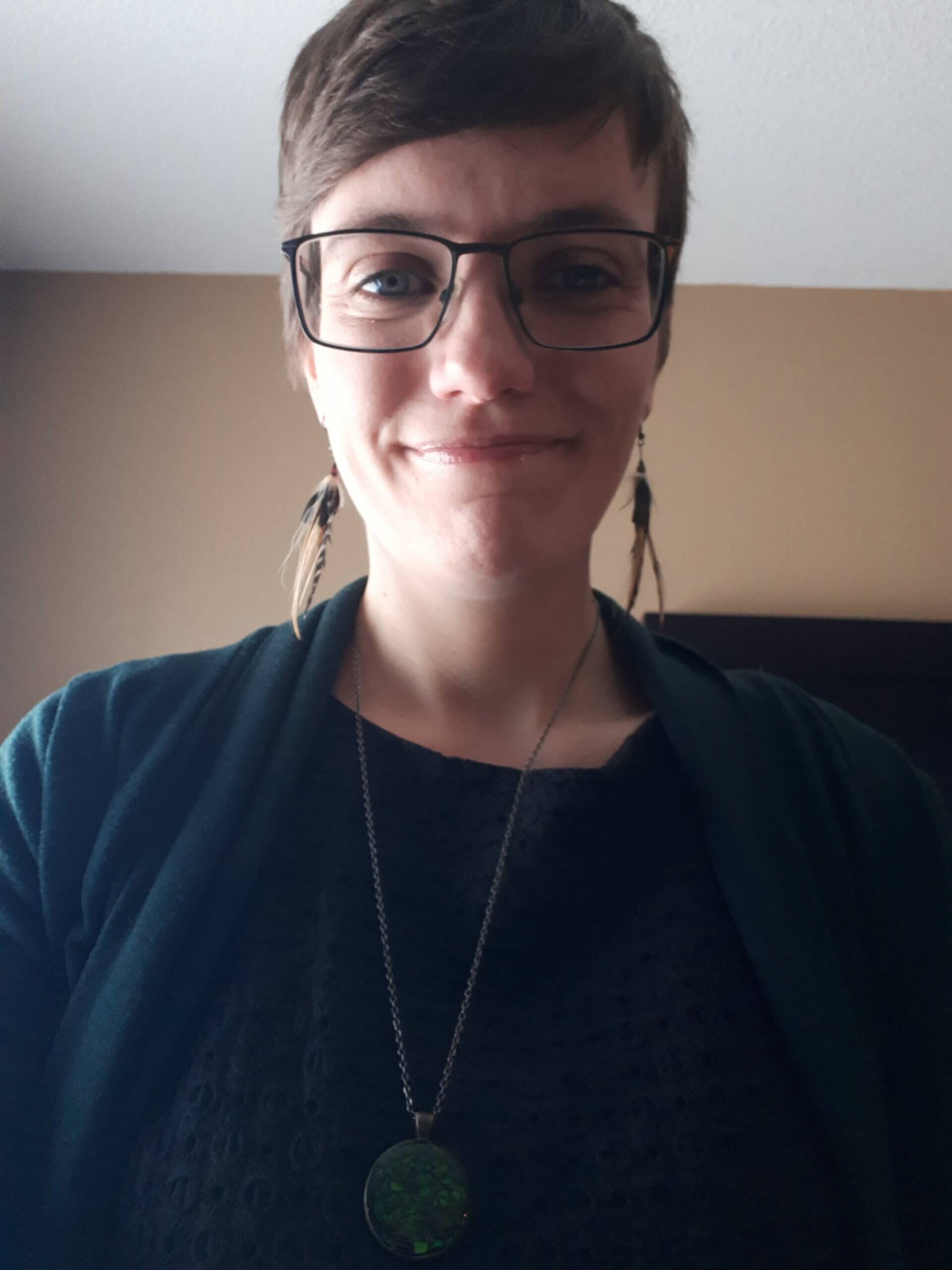
Bethany Pohl
Bioregion: Grand Manan and Passamaquoddy Bay St. Andrews, Canada
Bethany is humbled to live in Fredericton, the unsurrendered and never ceded homelands and waters of the Wolastoqiyik peoples; and to work in St. Stephen, NB, the unsurrendered and never ceded homelands of the Peskotomuhkati peoples. She is forever grateful for and humbled by the lessons learned from Mi’kmaq, Wolastoqiyik, Peskotomuhkati, and Sto:lo Elders and community members. Lessons of reciprocity, gratitude, M’sit No’kmaq, Netukulimk, and Etuaptmumk.
As a descendant of European settlers to Turtle Island, Bethany recognizes her immense privilege, and aims to use this to amplify voices of marginalized communities. “Nobody’s free until everybody’s free.” – Fannie Lou Hamer
Bethany recently completed a Master’s of Marine Management to further their understanding of the interconnectedness and complex challenges of co-governance, marine resource exploitation, and the intersectionality of environmental racism. She previously dedicated nine years to the Nature Trust of New Brunswick, most recently as Stewardship Manager of 82 nature preserves across the province, and working to advance the organization’s collaborations with Indigenous-led organizations, including to advance Land Back. She currently works with the Passamaquoddy Recognition Group to advance priorities of the Peskotomuhkati Nation at Skutik in coordinating research to establish a Marine Indigenous Protected & Conserved Area (MIPCA) in the Quoddy Region of the Bay of Fundy.
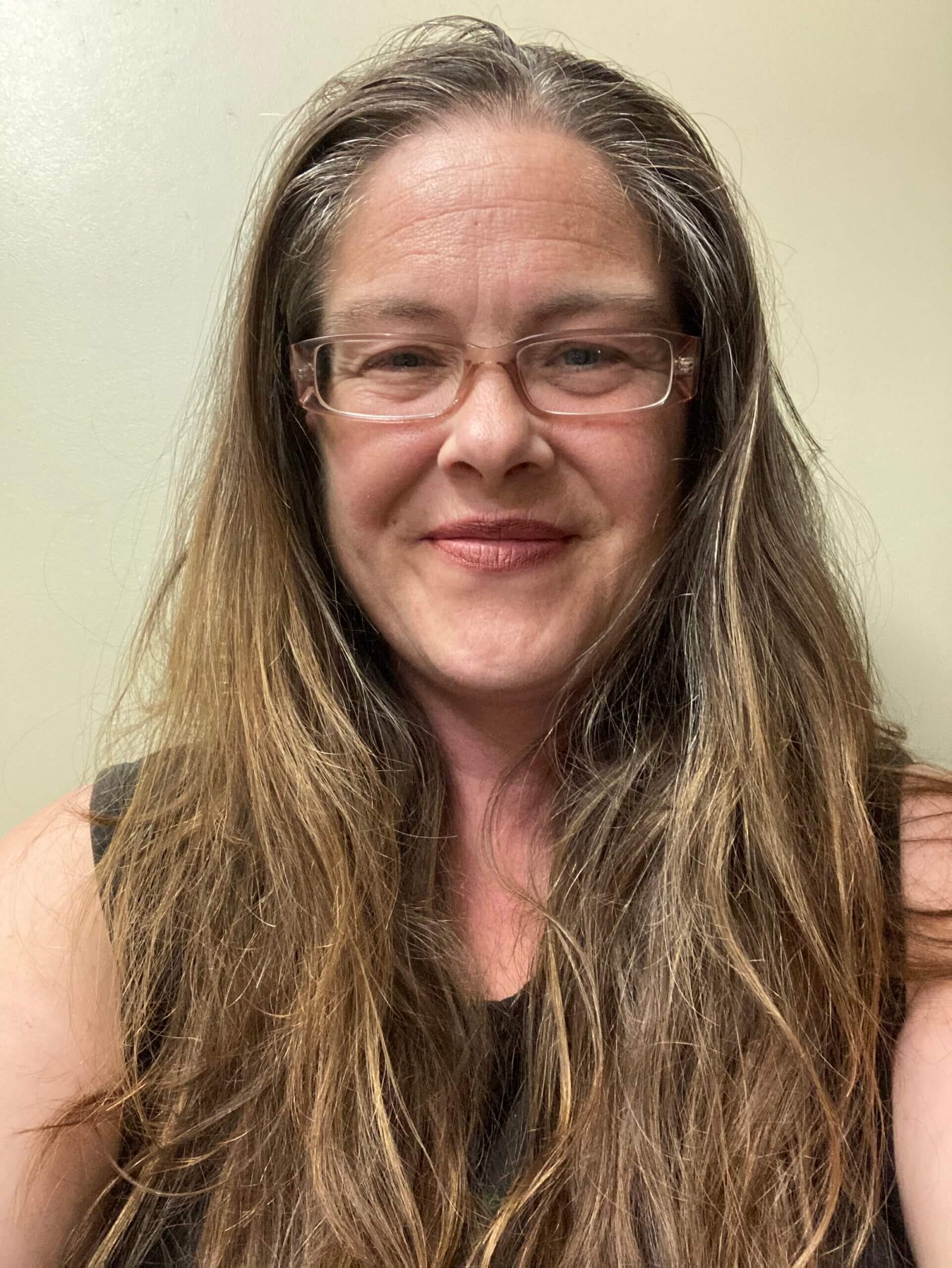
Kim Reeder
Bioregion: Grand Manan and Passamaquoddy Bay St. Andrews, Canada
Kim is a descendant of European settlers and acknowledges the many privileges she have received is a result of this heritage. Her formative years were spent on the traditional and unceded territory of the Wolastoqiyik people, along the banks of the Wolostoq (St. John River), in what is now known as Fredericton, New Brunswick. The land and waters of New Brunswick were her first teachers, shaping her deep sense of place and commitment to environmental and social justice.
Kim became politicized in Fredericton – a bilingual provincial capital with a strong university presence and an international student body, exposure to diverse cultures and ideas, while also reinforcing the systemic inequities embedded in Canadian society. She has formal education in forestry at the Maritime Forest Ranger School (now the Maritime College of Forest Technology) and worked for a decade in the restoration of the Skutik (St. Croix River) watershed and the surrounding coastal areas. She currently has the honour of working under the guidance of the Passamaquoddy Nation at Skutik. She remains committed to a decolonizing practice, including recognizing and challenging the ways settler narratives have dominated environmental discourses and decision-making, often to the exclusion or marginalization of Indigenous voices and sovereignty.
Kim’s work is ultimately an act of gratitude—for the lands and waters that shaped her, and for the people who continue to teach me what it means to live responsibly within them.
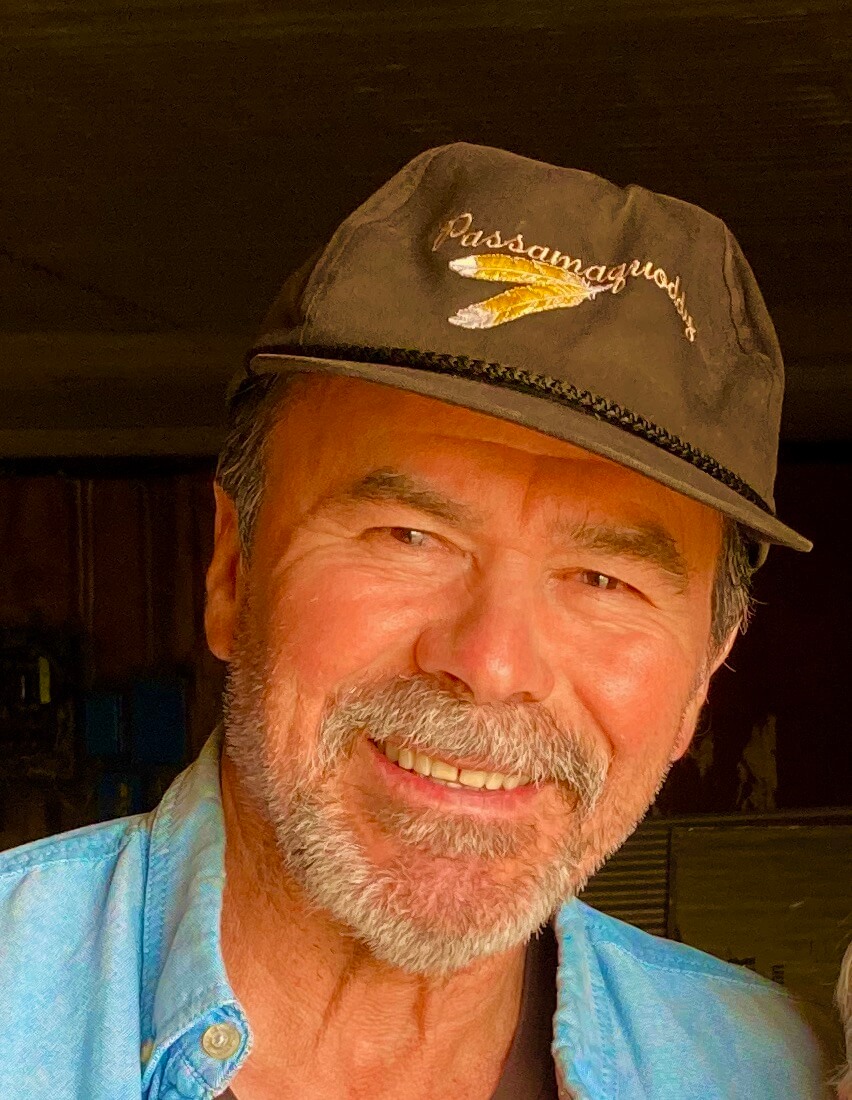
Wm. “Eric” Altvater
Bioregion: Grand Manan and Passamaquoddy Bay St. Andrews, Canada
Eric is a passionate water protector and animal advocate born to Peskotomuhkati parents. His first language is his Native tongue, which he still speaks well. His father was a weir fisherman, basket maker, Christmas wreath dealer and general all round hard working entrepreneur. His mother was a staunch opponent of a proposed natural gas facility and was instrumental in blockage of this development and was a regular contributor to the local paper known as the Quoddy Tides. Both his parents encouraged him to do his best, which led him to attended the Maine Maritime Academy graduating in 1974.
Eric was raised on the shores of a very rich and diverse marine ecosystem that is now suffering greatly. His ancestors lived in his home territory for thousands of years and the damage done by Newcomers still causes harm. Eric was privileged to go porpoise hunting with the last full time hunter of our Tribe, Gregory Newell.
He has recently retired from a 27 year career in the Merchant Marine having visited all 7 continents including Antarctica. He has owned and operated several small businesses, has previously served as elected Tribal Official and is currently assisting his Peskotomuhkati Brothers and Sisters on the other side of the International border of the US and Canada that split the Ancestral Territory.
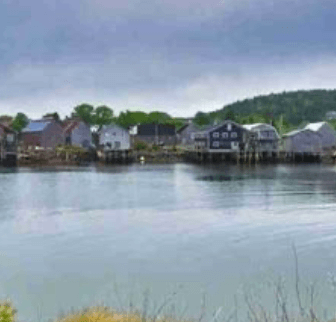
Alexa Meyer
Bioregion: Grand Manan and Passamaquoddy Bay St. Andrews, Canada
Alexa was born and raised in Hamburg, Germany and moved to Canada at age 17. She completed her BSc at the University of New Brunswick with a double major in Biology and Psychology. Since then, Alexa has been working for the Passamaquoddy Recognition Group Inc. (PRGI) and now manages the environmental conservation and science department. PRGI is an Indigenous-led, not-for-profit organization, and Alexa’s role is to conduct research that will result in a greater understanding of the current state of the territory, how we got here, and follow the Nation’s hopes to a brighter Future.

Dani Deonarine
Bioregion: Grand Manan and Passamaquoddy Bay St. Andrews, Canada
Dani has a degree in marine and freshwater biology from the University of Guelph. She has been lucky to work in a variety of roles in science, from data work in population science, working with specimen collections, tagging large animals in the field. Now, Dani works on the development of species management plans.
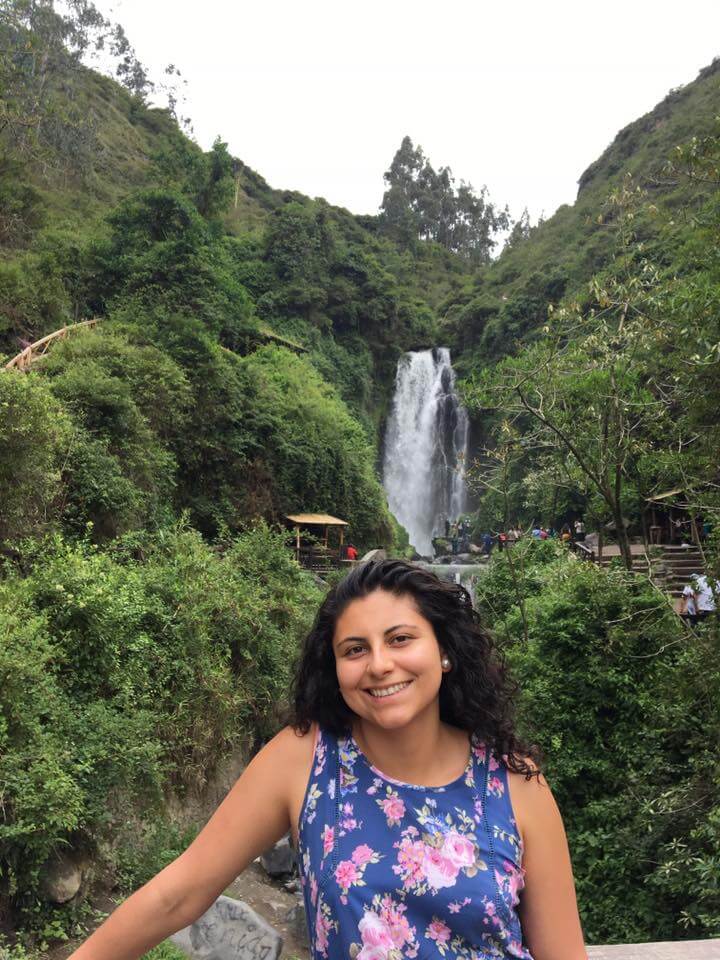
Isabel Chavarro Tulcán
Bioregion: Valle de Zaquencipá and Villa de Leyva Boyacá, Colombia
Isabel is a veterinary medicine professional and is currently pursuing a Master’s Degree in Environmental Education for Sustainable Development at UNIR. This career allows her to integrate technical knowledge with sustainable project management, community work, and the creation of educational experiences around biodiversity and territorial roots. Since 2014, Isabel has been leading a rural accommodation project in Rogitama – a nature reserve located in Arcabuco, Boyacá which is currently part of the ProColombia Product Club.
The Rogitama territory is the place Isabel’s family has lovingly restored since 1982 and is where her commitment to life, memory, and biodiversity is woven.
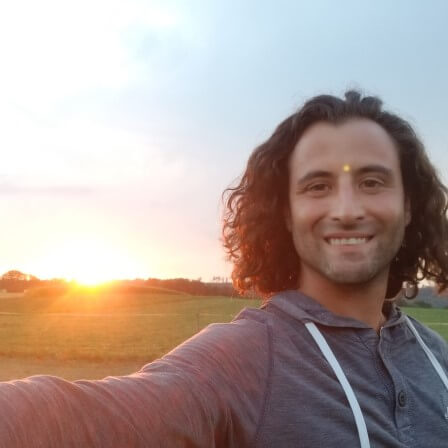
Awad Neme
Bioregion: Valle de Zaquencipá and Villa de Leyva Boyacá, Colombia
Awad is a professional tour guide who utilizes academic resources to recognize and share the intricacies of ecological niches. He knows that understanding natural systems requires a dynamic approach which includes considering information about territory, altitude, geographic location, time of year and so on.

Maria Nieto, Ecosystem Governance Fellow
Bioregion: Valle de Zaquencipá, Colombia
Maria is an industrial designer. She lives in Villa de Leyva and has known the territory since a child. Maria has experience in design, art, and education, and is excited to learn more about her chosen bioregion. She is interested is getting to know Zaquencipa and its environmental and cultural aspects from many points of view.

César Augusto Torres Lopez
Bioregion: Valle de Zaquencipá and Villa de Leyva Boyacá, Colombia
César is a custodian of ancestral seeds, with a mandate from indigenous communities of the Colombian Andes. He is also a professor of postgraduate studies in human economics, an environmental activist, researcher, and public policy maker and the author of several books. He owns the Sol y Luna Ecological Refuge which is part of the Serranía en Peligro nature reserve of Moniquirá and Gachantivá, Boyacá.

Juliana Bohorquez
Bioregion: Valle de Zaquencipá and Villa de Leyva Boyacá, Colombia
Juliana designs and facilitates methods for socioecological transformation within the context of the armed conflict in Colombia. She is the founder of Meraki SAS, SysLab, and Bosque Fractal (a bioregional hub for regeneration and spirituality). She is a coach, trainer in leadership and organizational systems work (Infosyon), and guardian of the ancestral traditions and spiritual ceremonies of the Americas.

Erwin Duarte
Bioregion: Valle de Zaquencipá and Villa de Leyva Boyacá, Colombia
Erwin is a Colombian professional with a background in business administration and a technical degree in archival science. He is the Executive Director of NAPTICORP, coordinator of rural development initiatives, and founder of PARCES (Smart Sharecropping) – a technology-driven model for collaborative land management and sustainable food systems. He has an integrative vision, strong commitment to local development, social economy, and the digital transformation of sustainable systems.

Ana Cristina Pinzón
Bioregion: Valle de Zaquencipá and Villa de Leyva Boyacá, Colombia
Ana Cristina has practiced as a Chemical Engineer for over 50 years and is currently serving as Manager of Tiamat Ltda. – a company she founded in 2000. She works on the development of socio-ecological projects at Bosque Fractal with a regenerative and biosystemic approach. She works on connecting with Ancestors and Indigenous thought, supporting connection with the territory and the ecosystem from a cultural and spiritual perspective.

Sonia Milena Rojas Quiroga
Bioregion: Valle de Zaquencipá and Villa de Leyva Boyacá, Colombia
Sonia Miena is a kind, honest, and hardworking person who loves nature because it connects her with childhoodroots.

Josseph Rozo
Bioregion: Valle de Zaquencipá and Villa de Leyva Boyacá, Colombia
Josseph is an animal lover who lives on the Ecolodge Los Portales Agro-ecotourism Farm where in 2017, he helped discover the Olinguito – a mammal that had been unknown for over 35 years. He participates in events promoting environmental conservation and protection like the first Latin American community tourism meeting and the Carnival for Water and Life. He holds a degree in food processing and preservation and currently works as a zoo technician.

Mary Luz Castellanos Torres
Bioregion: Valle de Zaquencipá and Villa de Leyva Boyacá, Colombia
Mary Luz Castellanos Torres is a lawyer from the Valle de Zaquencipá
Villa de Leyva in Boyacá Colombia.
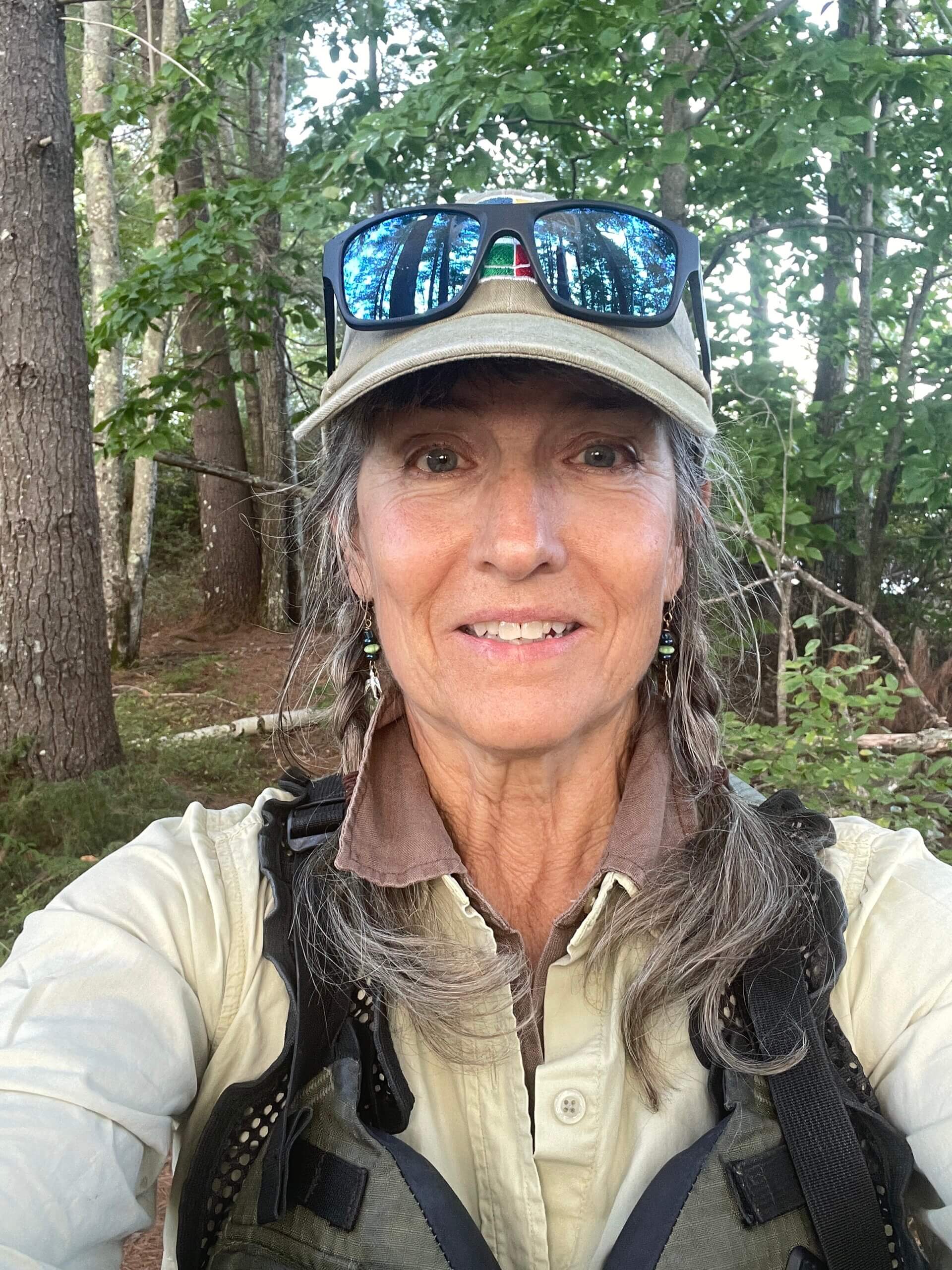
Roberta Hill
Bioregion: Greater Portland & Casco Bay Islands Maine, USA
An ecologist and educator, Roberta has been helping Maine communities protect the ecological systems they depend upon for more than three decades. As Bioregional Coordinator for the Center for an Ecology-Based Economy, she applies her knowledge and experience to help cultivate and integrate CEBE more deeply into a thriving network of regenerative, ecology-based practitioners across the Northeast Bioregion. Roberta is also a member of CEBE’s Climate Education Team, fostering a deeper understanding and appreciation for the complexity and interrelatedness of earth’s life sustaining systems.
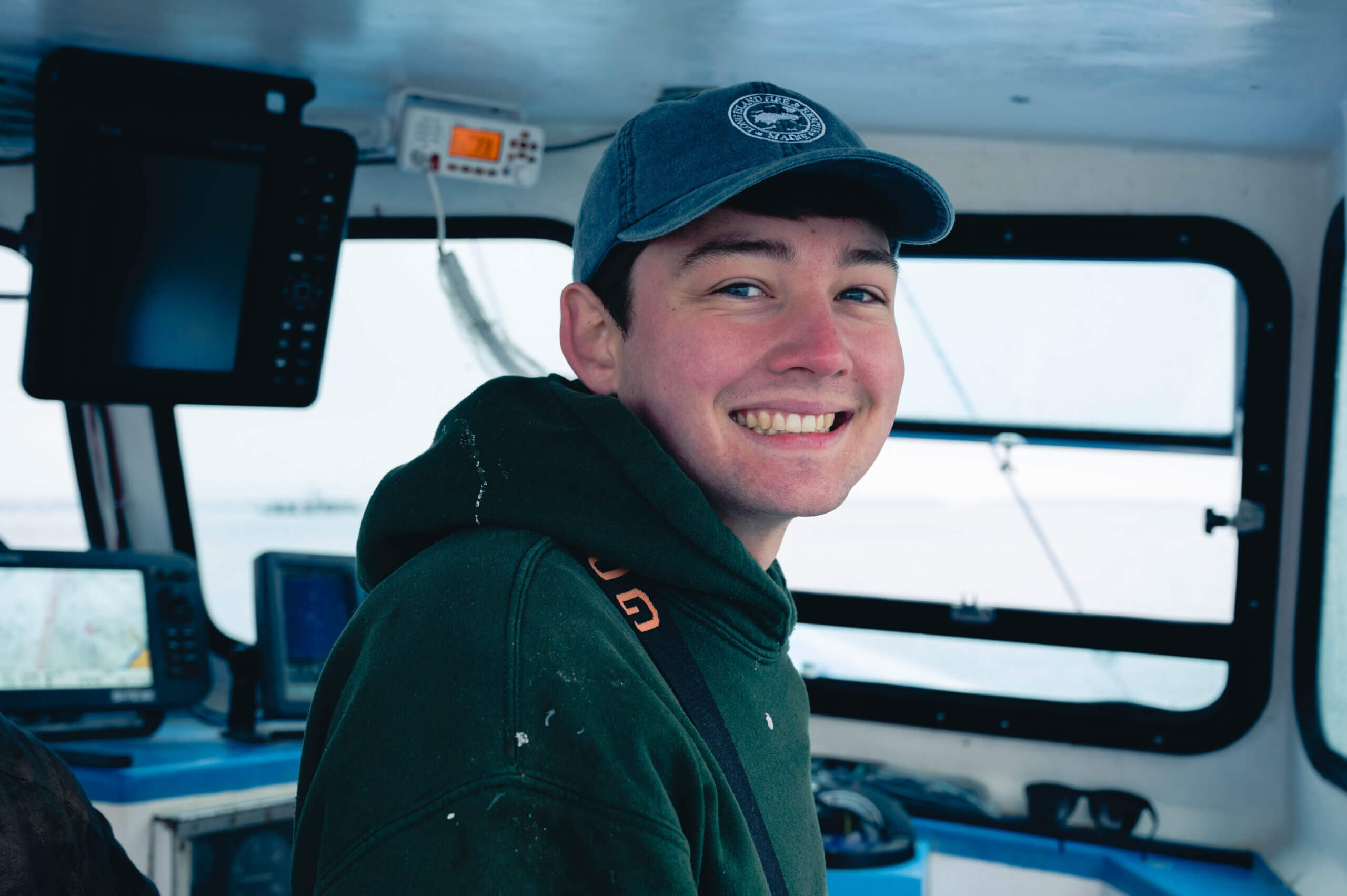
Christian LaMontagne
Bioregion: Greater Portland & Casco Bay Islands Maine, USA
Growing up on a small island community off the coast of Portland, Christian started working on the water from a young age. Ever since he started fishing, he has been interested in the nexus of environmental data, geospatial technology, and fisheries management. Christian earned a Bachelor’s degree in Classics from Bowdoin College in 2021 and recently received a Master’s degree in Policy, Planning, and Management from the Muskie School of Public Service. He now is a licensed commercial lobsterman and commercial scallop dragger, and is exploring public policy and developing important GIS skills that can be used to enact meaningful change.

Tessa Peixoto
Bioregion: Greater Portland & Casco Bay Islands Maine, USA
Tessa is an American Brasilian who is passionate about ecological restoration and science communication. She holds a degree in marine science from Northeastern University, has worked with the Massachusetts Division of Marine Fisheries and is focused on ecological restoration and the use of nature based solutions in climate change resiliency.

Kyle Pellerin
Bioregion: Greater Portland & Casco Bay Islands Maine, USA
Kyle studies computer science and environmental studies at Bowdoin College where he is especially interested in the intersections between GIS, AI, and community resilience. His work includes research analyzing healthcare deserts in New Hampshire, updating the Maine Social Vulnerability Index, and creating a tool to help the Forest Service in Ísafjörður, Iceland optimize carbon sequestration.

Tim Walsh
Bioregion: Greater Portland & Casco Bay Islands Maine, USA
Tim is a lifelong learner and practitioner of interdisciplinarity. Originally a student of History and American Studies, most of his professional career has swirled around data technology in various forms – CAD, GIS, coding, visualization and business intelligence.

Connor Shea
Bioregion: Greater Portland & Casco Bay Islands Maine, USA
Connor is an oceanographer who is currently working towards a PhD and recently completed a 6-year residence in Hawaii. He believes that communities should have positive relationships with their environment, and comes to COBALT wondering: “how we can best understand and visualize connections between human action and the health of our local ecosystems?”
